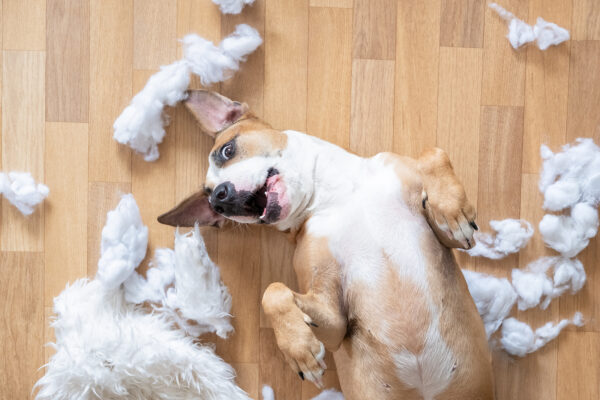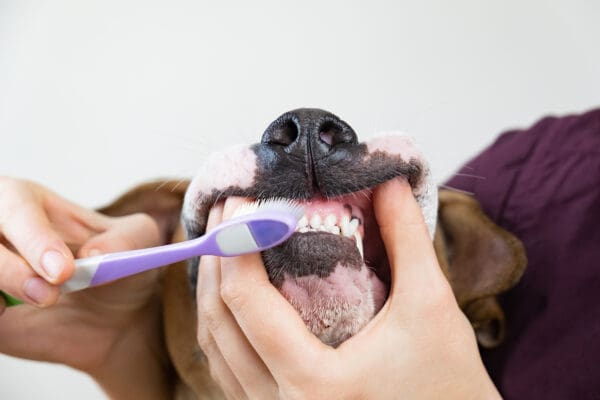As humans, we spend a lot of time keeping ourselves healthy. Many of us will try the latest eating trends that are “guaranteed” to help us lose weight. We spend a lot of money every year on gym memberships or in-home exercise equipment because we’ve been told over and over again how important it is to exercise, eat healthy and maintain a healthy weight. However, we often don’t have the same mindset when it comes to our pets. Obesity in pets is a very common issue but one that doesn’t get quite enough attention; until now. In recent years, various pet organizations have set aside one day in October to bring awareness to the issue of pet obesity. Pet Obesity Awareness day is designed to do just that.
OBESITY AWARENESS IN PETS
Obesity is just as dangerous for pets as it is for humans. It’s easy to think a chubby pup or a fat cat is cute, but the reality is that overweight pets are at a much higher risk for a multitude of health issues, such as:
- Diabetes
- Arthritis
- High blood pressure
- Kidney disease
- Cancer
This list looks rather familiar doesn’t it? Humans are often warned of the same ill health effects brought on by obesity. Obesity in pets can shorten their life by as much as two years and also reduce the quality of their life as well.
HOW DO I TELL IF MY PET IS OVERWEIGHT?
How do we know if our pet is overweight? Well, in some cases it’s very obvious, however, it is possible for a pet to be slightly overweight, which isn’t quite as noticeable. A great way to check is to feel your pet’s ribs. If you can easily feel your pet’s ribs then that’s a good indication their weight is healthy, however if you can’t feel them very well, then it’s likely your pet could stand to drop a few pounds. How do you help your pet lose weight?
- Reduce their calories
- Increase their activity
Probably one of the best ways to help your pet stay slim and trim is to ignore the begging they will inevitably do…. Dogs especially. We know it’s hard to resist those “puppy dog” eyes that beg for those treats, but two or three extra treats a day adds up to a lot of extra calories for your pet.
If your pet does need to lose weight, consult your vet about the best way to go about this. He or she may recommend a nutrient-dense food that is designed for weight loss. Rapid weight loss can also be dangerous for your pet so talk with your vet about a plan that implements gradual weight loss at a healthy pace. Just like humans, we are advised to lose weight more gradually; the same principle applies to our pets. Additionally, just like humans, larger breed dogs will need more calories than smaller breeds. All pets can benefit from healthy activity. If you live in an urban area, make sure he gets regular walks. If you live in the suburbs or a more rural area, your pet will likely have more room to roam, but a regular daily walk is always a good thing…..for both you and your pet.



